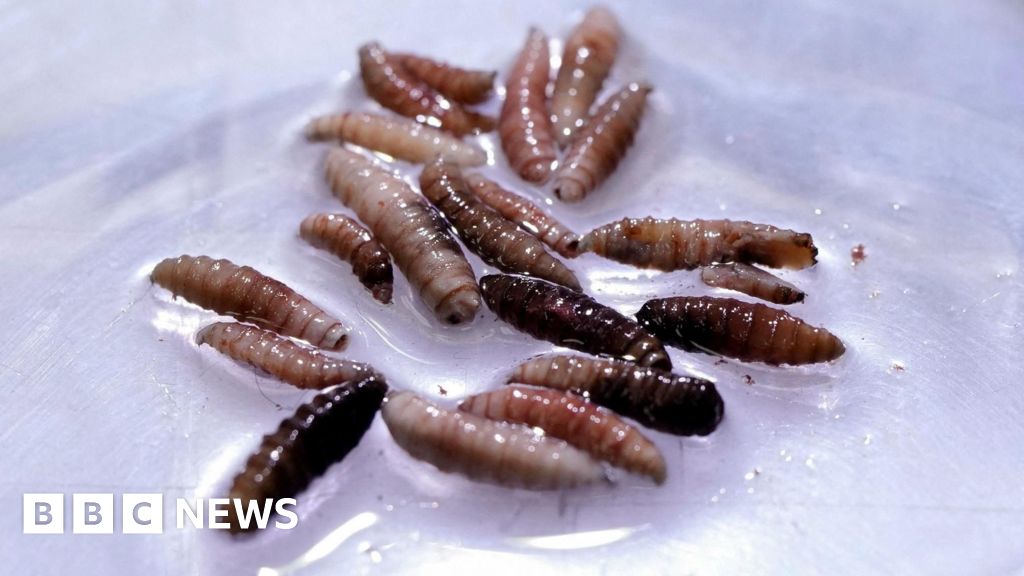The first human case of a flesh-eating parasite infestation has been confirmed in the US, according to authorities.
New World screwworm (NWS) myiasis was found in a patient who returned to the US from El Salvador, as announced by the Department of Health and Human Services on Monday. The case was confirmed on August 4.
NWS myiasis results from a parasitic infestation of fly larvae, or maggots, caused by parasitic flies.
This pest primarily affects livestock, and authorities have stated that the current risk to public health in the US is 'very low'.
The Centers for Disease Control and Prevention (CDC) collaborated with Maryland's health department to investigate the case. This is the first reported instance of travel-associated NWS myiasis in the US from an outbreak-affected country.
CDC officials noted that the devastating pest, which feeds on live tissue, is typically found in South America and the Caribbean.
Despite containment efforts, cases have been confirmed in every Central American country, including Mexico. Humans, especially those with open wounds, are susceptible to this type of infestation, particularly if traveling to or living near livestock in rural areas.
The USDA's Animal and Plant Health Inspection Service is collaborating with various agricultural agencies, including the state department and the Food and Agriculture Organization of the United Nations, to combat this outbreak.
The USDA warns that NWS larvae can inflict serious, often deadly damage to the flesh of infected animals, and an outbreak could have severe economic implications, jeopardizing over $100 billion tied to the cattle and livestock industry.






















